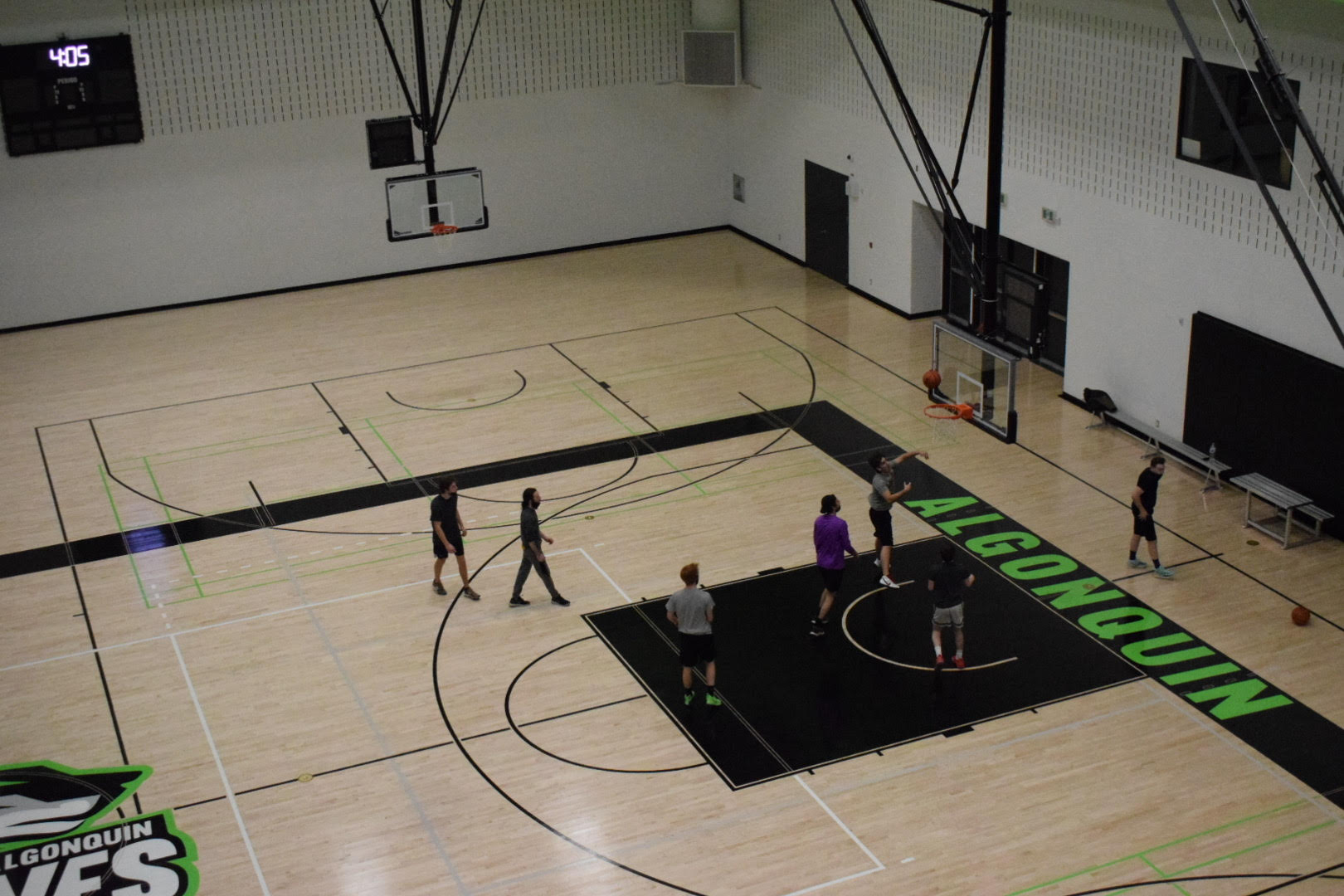The connection between regular physical activity and good mental health has been acknowledged for decades by health professionals, however, during the COVID-19 pandemic this link has been put to the test.
Public health measures enacted since March 2020 have affected the availability of all kinds of sporting activities. From the closures of gyms to the cancellation of seasons for athletes across the country, it has become increasingly difficult to get the 150 minutes of exercise a week recommended by the Canadian Society for Exercise Physiology.
This means more time spent outside on walks or in your living room on a yoga mat. “Going for walks and taking time out of my day to take those few steps for myself I think has a huge impact on my mental health,” said Morgan Gostick, a student in the victimology graduate certificate program.
While going out for a walk may work for some, health professionals at the college still worry.
“Without a physical space to promote physical activity we have to go back to the basics and get creative,” said Caprise Perrineau, the health promotion coordinator at Algonquin College.
Whatever getting “creative” might look like for you the important thing is to do something.
“Any movement is better than no movement, and vigorous exercise is bigger than a more sedentary kind of exercise,” said Doug Stringer, the manager of counselling services and the spiritual centre at the college. “We are integrated beings. We have done ourselves a disservice when we try to say well this is physical and this is mental, we are integrated beings and so many things point to the fact that well-being is well-being.”
Staying active is not just about cardio or lifting weights, it can also be a community or support system, particularly for those playing team sports. This valuable social time has unfortunately been cut dramatically, which according to the Canadian Mental Health Association may lead to mental health issues.
“I have personally experienced a loss of motivation, lost focus and some anxiety,” said Jamie McLean, women’s varsity basketball head coach. “I can only imagine how the closures have impacted students.”
McLean encourages students to take advantage of the ARC’s facilities.
“It could very well be the stress relief and social environment they need to get out of the January blues,” said McLean. The ARC reopened on Jan. 31, along with restaurants and small venues across the province.
Jelle Kooijman, the varsity men’s volleyball coach says athletes have really suffered during the pandemic.
“The pandemic has been similar to an athlete having an injury. Suddenly without their control it can be taken away,” said Kooijman. “They use sports to ‘charge up’. When you take that away from athletes they suffer. A lot of them can’t find the motivation to do anything.”
The balancing act between school, work, and staying both physically and mentally healthy can sometimes feel overwhelming. Especially if you are suffering from a lack of motivation or other stress-induced feelings.
“It comes down to doing something that you love. It’s hard to choose a sport or activity that you don’t like,” said Perrineau. Highlighting the need to not only stay active but to do so in a way that works for you. There is no one size fits all solution to this delicate balancing act we all play.


